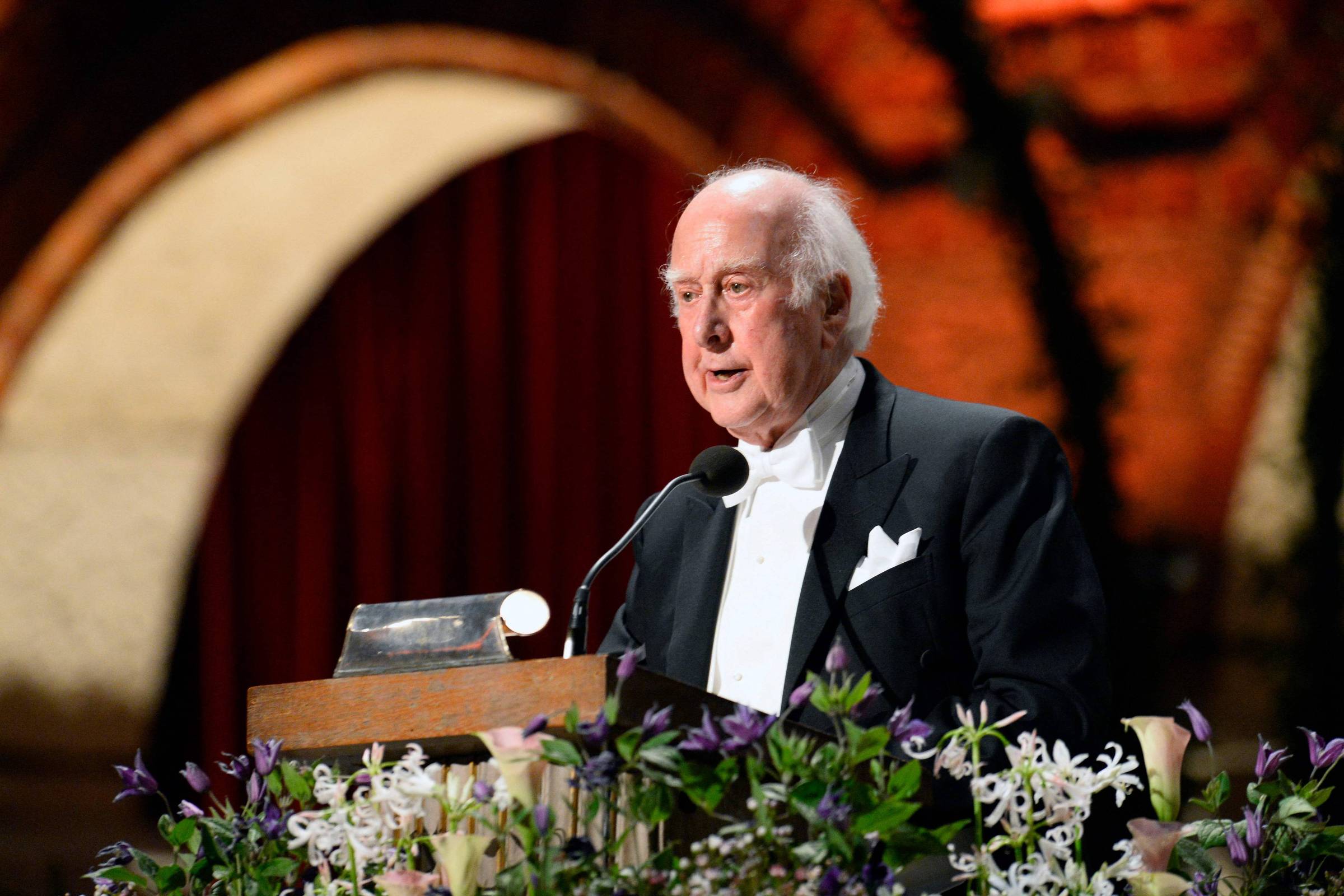British scientist Peter Higgs, winner of the 2013 Nobel Prize in Physics for his theoretical work on elementary particles, which are considered the key to the structure of matter, died on Monday (9) at the age of 94, according to the University of Edinburgh.
“He died peacefully at his home on Monday, April 8, after a short illness,” the university said in a statement on Tuesday (9).
The university, where Higgs taught for four decades, prepared him to be a great teacher and mentor, inspiring generations of young scholars. He added: “His family has asked the media and the public to respect his privacy at this time.”
The physicist was honored for the Higgs boson theory, whose practical demonstration earned him a Nobel Prize – and Belgian François Englert also received the award.
The existence of the Higgs boson, nicknamed the “God particle,” was confirmed in 2012, at CERN, the world's largest physics laboratory.
“I hope that this recognition of basic science will help raise awareness about the value of open-sky research,” the scientist said in 2013, upon receiving the award, in a statement broadcast by the University of Edinburgh.
Peter proposed the Higgs boson with five other scientists, divided into three teams, in 1964.
This proposal would be fundamental to the development of the Standard Model, which essentially recapitulates everything that is known about matter and three of the known fundamental forces of nature (the only force he does not consider, of the known forces, is gravity, the domain of general relativity).
To find the Higgs, it was necessary to build a great machine, capable of accelerating protons to an amazing speed and then making them collide. When this happens, at the LHC (Large Hadron Collider), the energy of protons is converted into particles of all kinds. The Higgs particle is heavy, so it requires a lot of energy to materialize.
